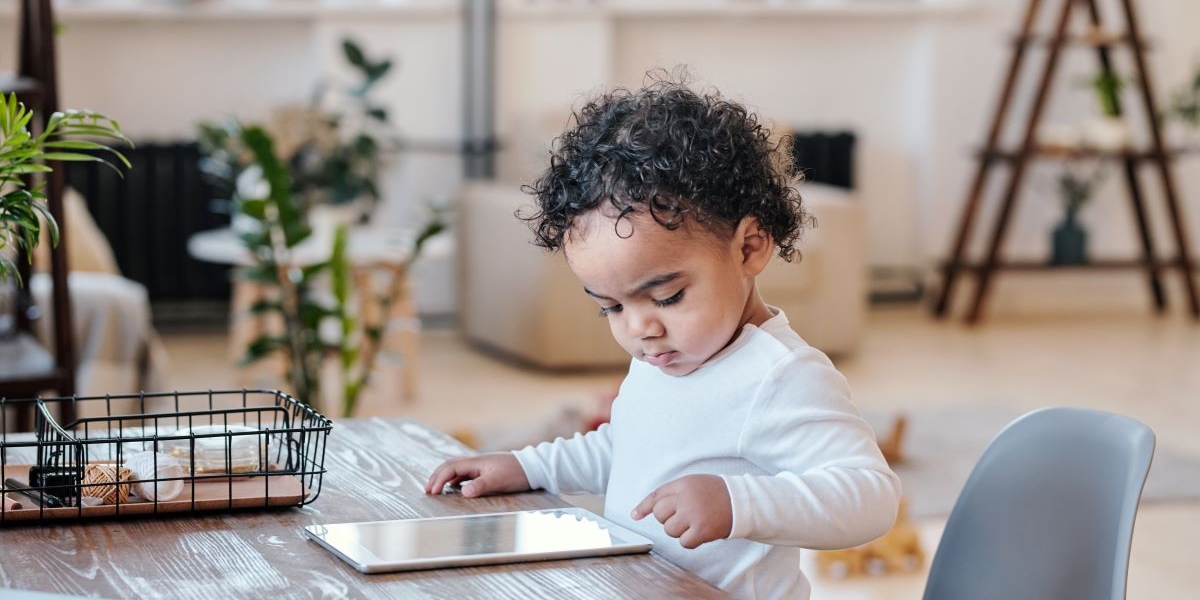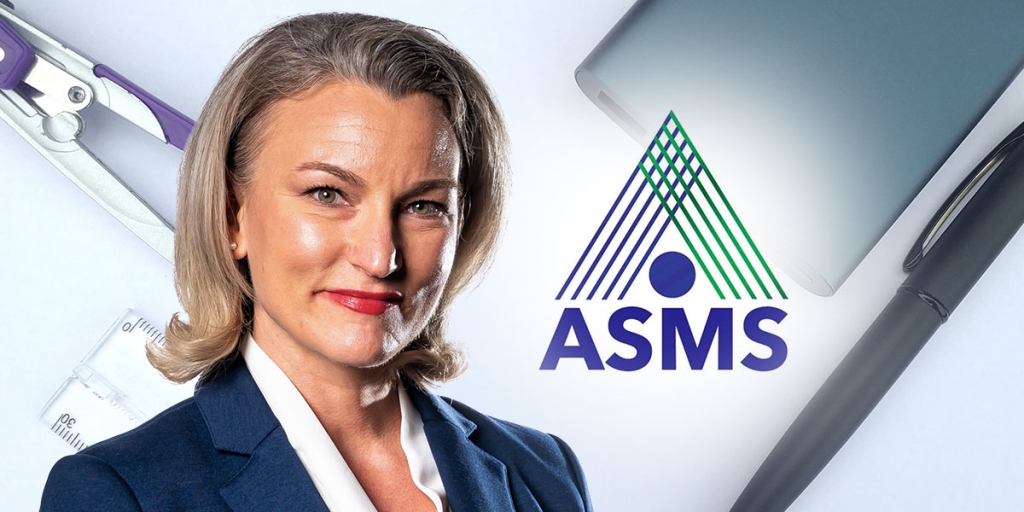It is a common sight in today’s digital world: Toddlers holding tablets or other digital devices, with their eyes glued to the screen, are seated quietly at a restaurant, movie theatre, church, or other public setting while their parents enjoy some grown-up time. Parents have discovered that technology can too easily serve as a convenient babysitter when needed. Many researchers have addressed the question of whether these devices are safe for our children or lead to problems down the road.
The results of a research project on this question were published in Jama Pediatrics in August. CNN reported that researchers followed 315 parents of preschoolers in Nova Scotia, Canada. Doctors from Canada and South Africa conducted the study to determine whether higher levels of early childhood tablet use undermined emotional regulation.
Parents were asked to self-report their child’s tablet use and then fill out a behavior questionnaire to determine their child’s pattern of behavior, mainly how they expressed anger.
Although the study’s results didn’t explain how or why tech devices hinder a child’s emotional development, they indicate that they do. The study showed that a child’s tablet use at three and a half years old was associated with more expressions of anger and frustration by the age of four and a half. Tablet use among kids at four and a half appeared to make them more prone to those outbursts at five and a half. Results suggest that early childhood tablet use may contribute to a cycle that is deleterious for emotional regulation, according to the study’s author.
ABC3340 News shared the views of Dr. Patti Schroder, a pediatrician at Southlake Pediatrics in Hoover. Schroder explained that excessive screen time can replace crucial human interactions needed for emotional regulation.
“The parts of the brain that need stimulation to develop emotional regulation need to be stimulated by human interaction, person to person,” said Schroder. “Studies have repeatedly shown that more screen time equals more risk for developmental delays.”
Schroder emphasized the importance of learning coping skills through real-life interactions, which screens cannot replicate. She recommended no screen time for infants under 18 months, except for video chatting with family.
For toddlers aged 18 to 24 months, some screen time with a caregiver is acceptable, such as video chatting or watching educational programming. Children aged 2 to 5 years should have up to one hour of screen time per day, with no more than three hours on weekends. For children aged 5 to 12, screen time should be limited to one hour per day, and teens 13 and older should have no more than two hours per day.
Former U.S. Surgeon General Vivek Murthy issued an advisory for parents warning of the dangers of their children using social media. He also stated that he wants to slap a warning label on social media apps.
Technology definitely makes many tasks easier, but it also makes a parent’s job more challenging as they weigh the pros and cons of each new piece of technology for their child’s welfare.
Sherri Blevins is a writer for Mountain Valley News and a staff writer for Yellowhammer News. You may contact her at [email protected].













